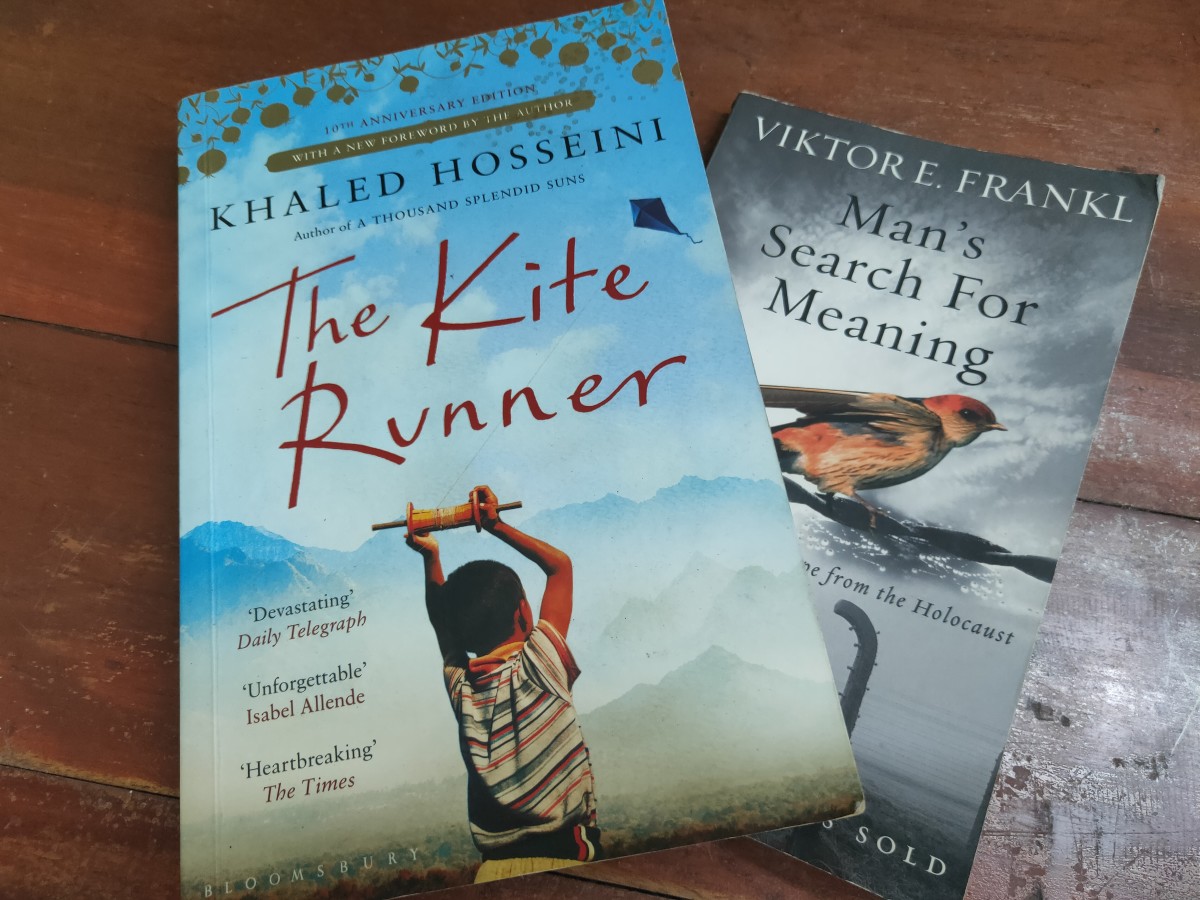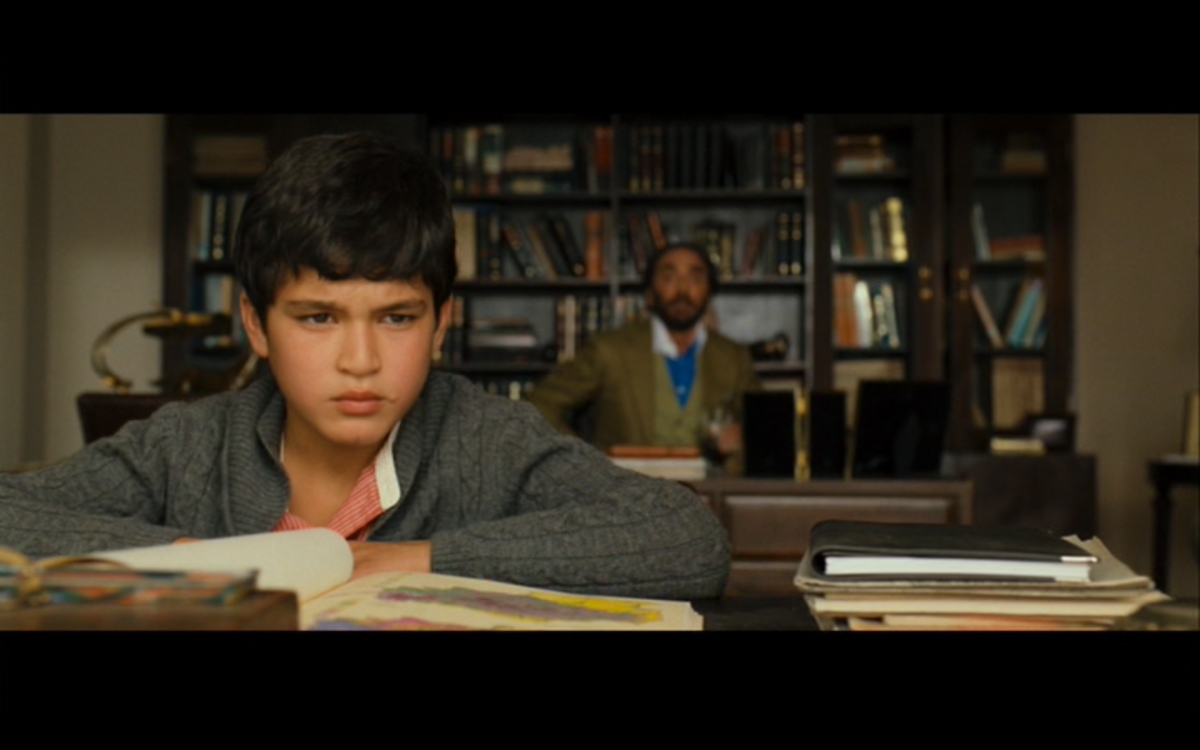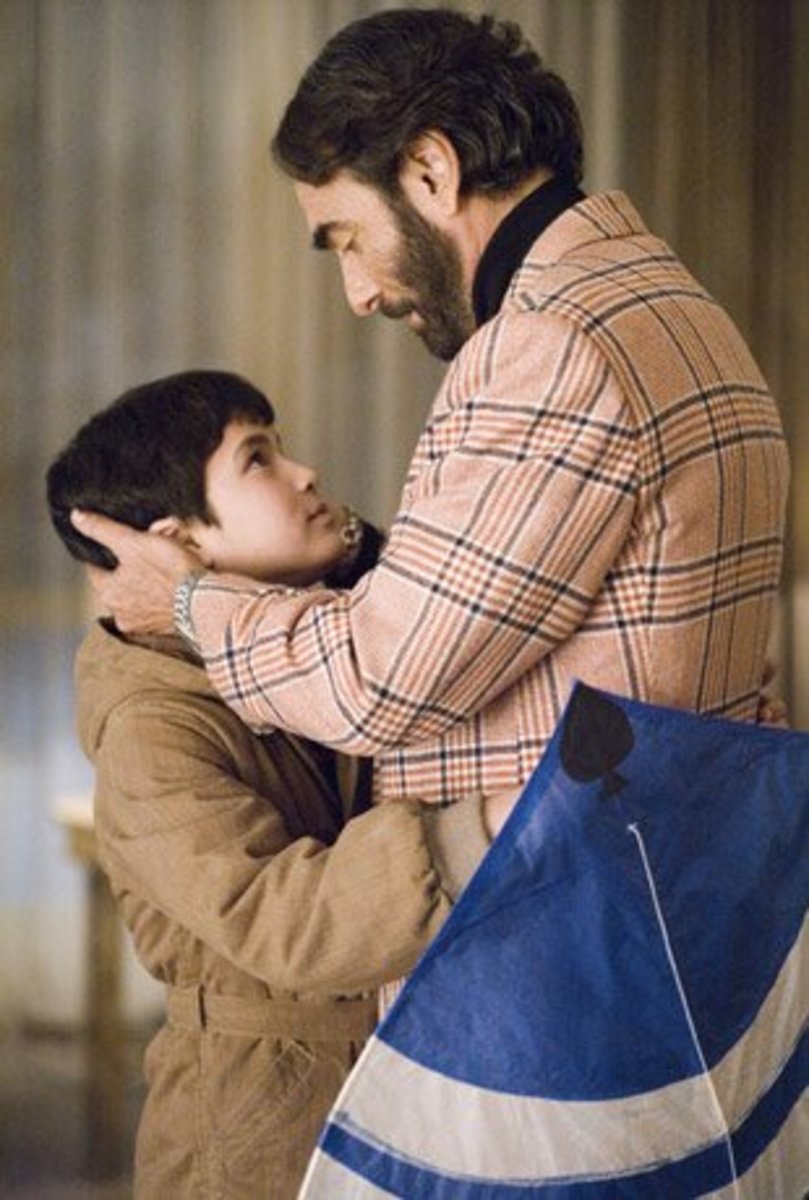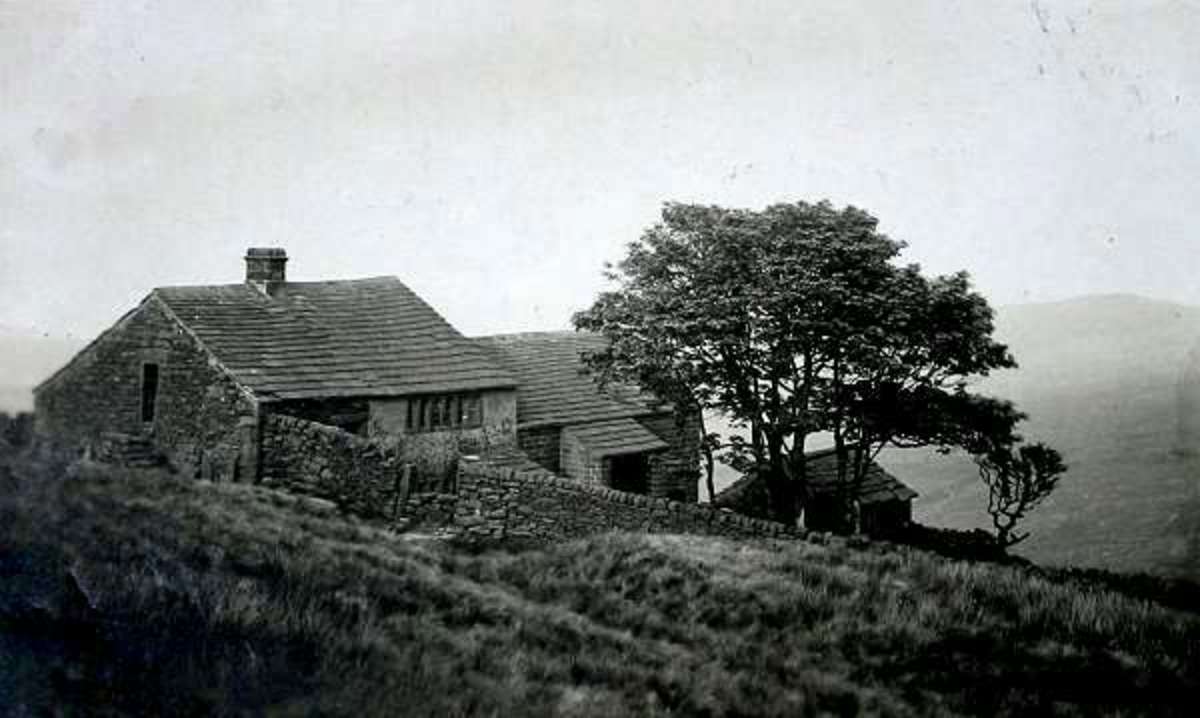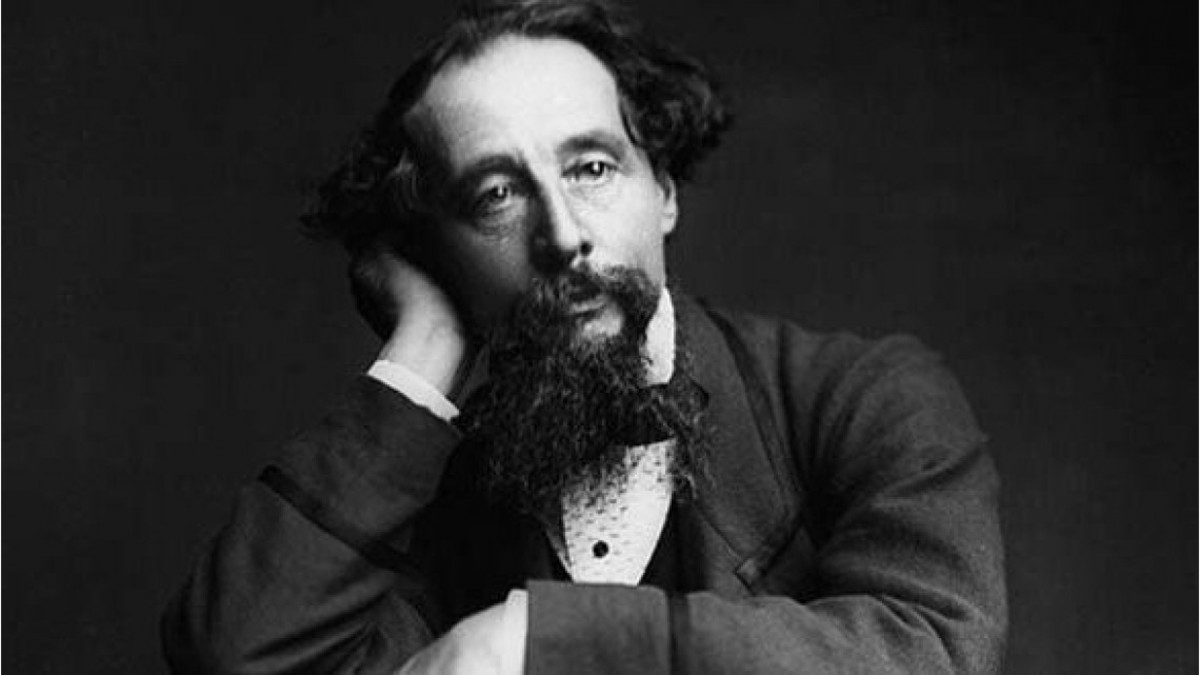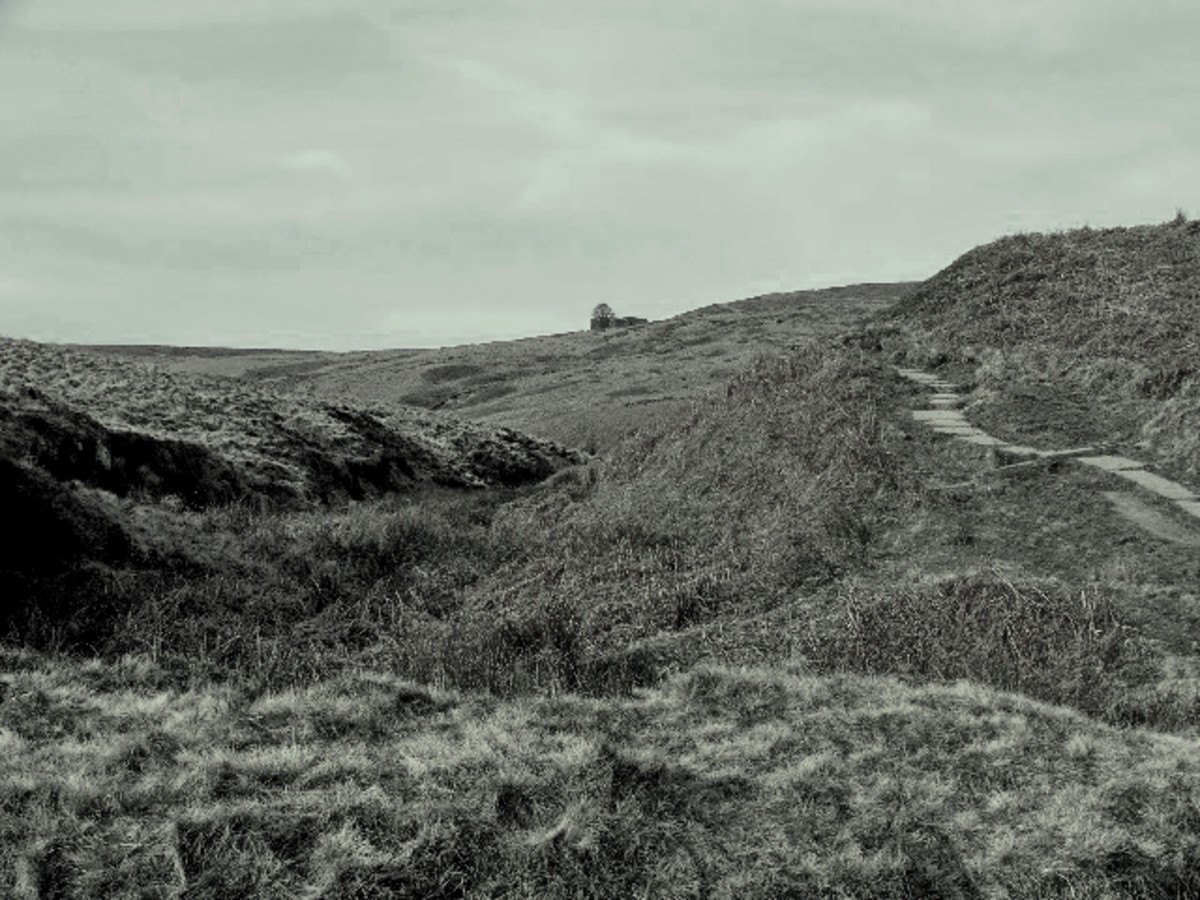Book Review: The Kite Runner
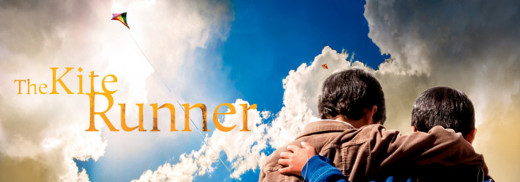
The Title's Origin
In Afghanistan, children used to fly and fight kites. In The Kite Runner, it is a simpler time in Afghanistan as Amir and his father's servant's son, Hassan, compete in the yearly Kite tournaments. Children from all over would come to fly and fight their kites until one kite remained. Hassan is considered a gifted kite runner, able to find a kite with the slightest ease after it's been cut in battle. The Kite Runner is Hassan, Amir's dearest friend.
Synopsis of The Kite Runner
The Kite Runner chronicles the lives of Amir and his childhood friend, Hassan. The two boys come from very different worlds. Amir, son of a wealthy man in Afghanistan, has all the privaledges that many boys in Aghanistan dream of. As a wealthy and educated boy, Amir is able to have the niceties of life and purchase kites for the yearly kite tournament.
His father's servant's son, Hassan, is seen as outcast in society. This is because of the discrimination of his people, the Hazaras. He and Amir have a deep and loving friendship that spans many of Amir's early years. Though time and tragedy befalls them and they lead separate lives. Amir, now an adult, recalls the events of his childhood and young adulthood. All the while, he lives with a secret that he's never told anyone.
The Kite Runner is the story of two young boys in Afghanistan and how life can always change for better or for worse.
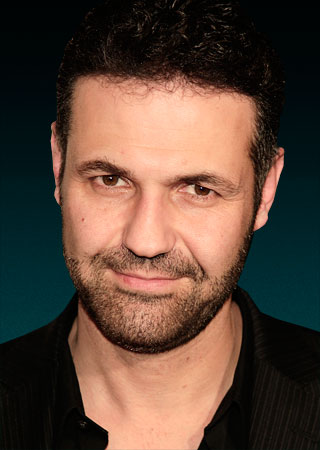
About Khaled Hosseini
Khaled Hosseini is a physician who was born in Kabul, Afghanistan. He is the oldest of five children. Just like the protagonist in The Kite Runner, his family was privileged and came from the Wazir Akbar Khan neighborhood. At the age of eleven, he and his family relocated to Paris, France so that his father could continue his work as a diplomat. They were unable to return to Afghanistan in 1978 because of the Saur Revolution in which communists took over the Afghan government. Two years later, the family applied for Asylum in the United States as the Soviet War in Afghanistan began.
Khaled arrived in the United States at age fifteen. He was unable to speak English and had to learn the language while attending school in San Jose, California. Khaled admits feeling guilty about being a survivor of a hard time. The Soviet War in Afghanistan was a bloody coup in which many people were beaten and killed if they affiliated themselves with the previous heads of government. This guilt is very much expressed in The Kite Runner as Amir is heartbroken to hear and see the results of bloodshed, torture, and warfare. Khaled graduated in 1984 and then pursued a degree in Biology and then went on to receive an M.D.
After ten years of practicing medicine, Khaled wrote and finished The Kite Runner. After its success, Khaled stopped practicing medicine and became a full time novelist.
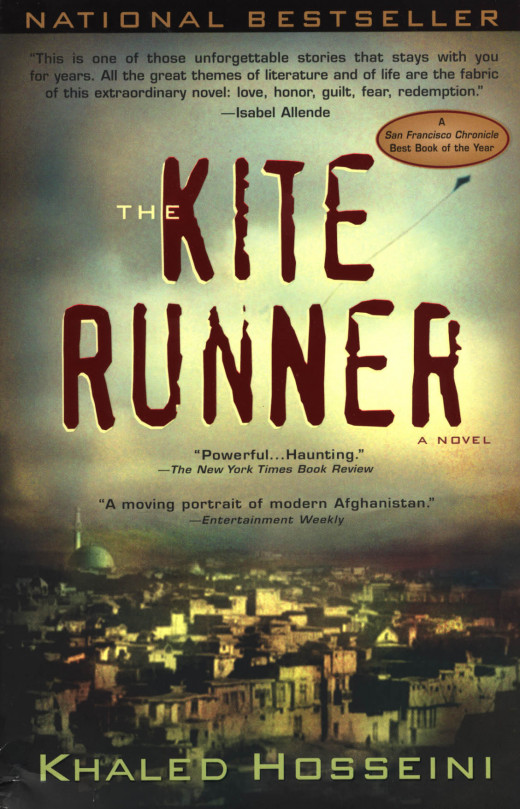
Review of The Kite Runner
-This review includes major plot points and events. Please ensure you're open to spoilers before reading this review-
As a writer, I am constantly in awe of great writing when I see it. This story, for the most part, broke my heart. I know that sounds terrible and like nothing anyone would want to read. However, I love being filled with emotion upon reading a new work. If a writer can captivate me, teach me a lesson, or tell me a captivating story, I am impressed beyond anything else. Khaled Hosseini, in my professional opinion, is a talented and gifted writer. From the very first words, I was entranced by the clean and well choreographed narrative and dialogue.
Instantly, I was living in the world of Amir, the son of a wealthy man. I learned about Afghan culture, about fathers and sons, and about guilt and lies. Khaled Hosseini's themes are so vivid and powerful and it enthralled me to see so much happen in one book. I have to admit there were parts that I had difficult reading. It's not due to language or prose, but due to the intensity of the emotions and of the scenes. Khaled Hosseini lives and breaths his work, showing the writer how a boy acts when guilty and how a man acts when he's given up. Amir's failure to turn back time is the true tragedy of the work. Letting his ill-legitimate half-brother get raped is the true tragedy of the work. Not to mention the death of his father, the infertility of his wife, and the tragedy of the events happening in Afghanistan at the time of his leaving and at the time of his returning.
The work, all in all, teaches us about life and how there are some things that happen. We cannot control them, we cannot regret what has passed, and there is always a way to atone for sins of the past. When discovering Hassan was his brother, he subsequently discovers of his half-nephew who has survived his mother, father, and grandmother. Amir atones for his sins of the past by rescuing his nephew from a Taliban leader who is the very same man who raped Hassan as a boy. The sequence of events follows survival of a bloody battle, consoling his nephew after a suicide attempt, and finding a way to bring his nephew back to the United States.
I was happy when Amir was happy, I was sad when he was sad, and I was tortured when he was tortured. The words within this work are so clear and crisp and leave nothing to the imagination. Khaled Hosseini's narrative is vibrant, starkly, morose, and melancholy. The work as a whole is a celebration of a man's ability to relieve himself of guilt and accept what fate has befallen him. It was a pleasure and a treat to read The Kite Runner.
Adaptations
The Kite Runner was adapted into a film just four years after its release. Grossing over $73 Million dollars, it was a box off success with a $20 Million dollar budget. Despite the film being set in Afghanistan, it was filmed in China due to the dangers of filming in the then war-torn country. The Kite Runner was considered controversial due to a scene in which the character Hassan was raped by antagonist Assef. The film received many awards and was nominated for an Emmy Award, BAFTA Award and a Critics Choice Award.
The Kite Runner was adapted into a stage play back in 2007 and was preformed at San Jose State University and San Jose Repertory Theatre. In 2011, The Kite Runner was also adapted into a graphic novel. The illustrations were provided by Fabio Celoni.
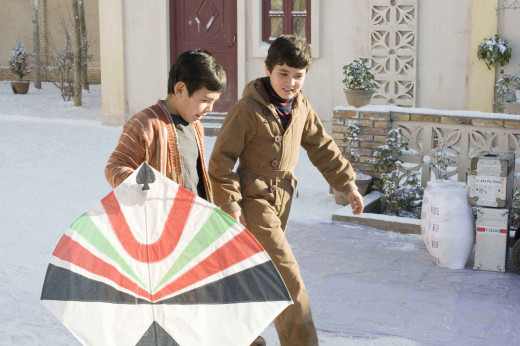
Was This Review Helpful and Informative?
Other Works By Khaled Hosseini
- A Thousand Splendid Suns by Khaled Hosseini | 9781594483851 | Paperback | Barnes & Noble
Available in: NOOK Book (eBook), Paperback, Hardcover, Audiobook, Other Format. A breathtaking story set against the volatile events of Afghanistan's last 30 years. - And the Mountains Echoed by Khaled Hosseini | 9781594631764 | Hardcover | Barnes & Noble
Available in: NOOK Book (eBook), Hardcover, Audiobook. An unforgettable novel about finding a lost piece of yourself in someone else. Khaled Hosseini, the #1 New York Times bestselling author of The Kite Runner and A Thousand Splendid Suns.
© 2013 AE Williams



